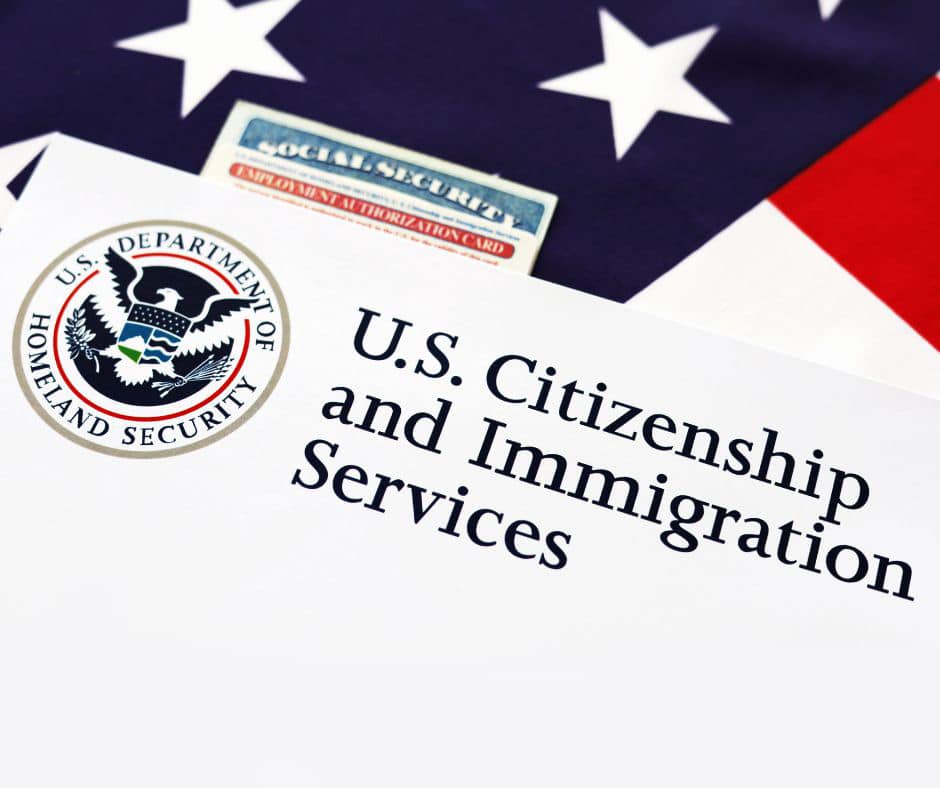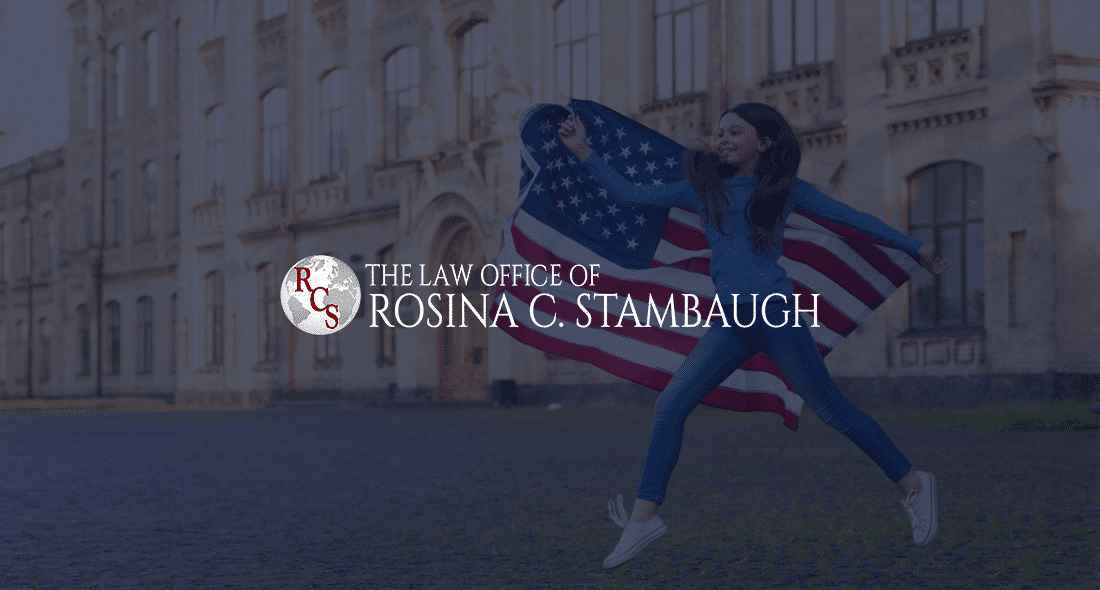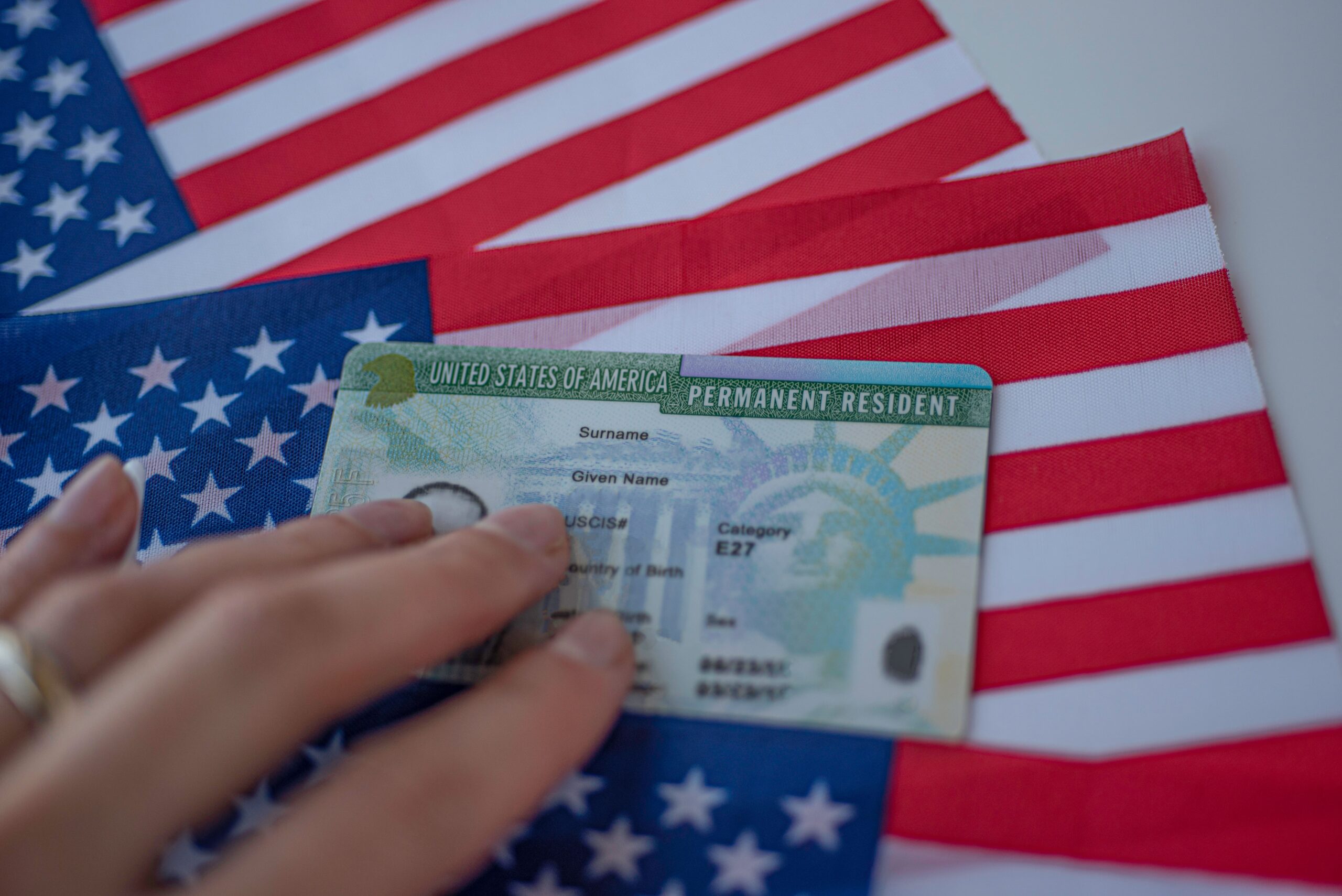For many immigrants, U.S. citizenship is the final step in a journey many years in the making. But sometimes, your application for naturalization is denied, leaving you unsure what happens next. Generally, you remain a lawful permanent resident (LPR) and may reapply to naturalize. Having your application for naturalization denied is rarely disastrous. If you need help finding your next steps, the Law Office of Rosina C. Stambaugh can help. Our firm has experience handling even the most complex applications, including those involving criminal history. Reach out today to learn more.
What Are the Requirements for Naturalization?
Eligibility varies slightly for LPRs who apply based on marriage to a U.S. citizen, and it varies significantly for immigrants applying based on military service. To qualify for naturalization, you must be 18 or older and show that you have:
- Possessed good moral character throughout your life and time here;
- Held LPR status for at least five years, or if based on marriage, you need LPR status for three years;
- Continuously resided in the U.S. for the last five years, or if based on marriage, three years;
- Been physically present in the U.S. for 30 months of the last five years, or if based on marriage, you must have been present for 18 months of the last three years; and
- Lived in the state where you apply for at least three months.
To apply, you submit your Form N-400, Application for Naturalization, to United States Citizenship and Immigration Services (USCIS) with an application fee of $760 (paper filing) or $710 (online filing). Next, you attend a naturalization interview and must prove you can read, write, and speak basic English. You also take a civics test, where your interviewer asks you 10 questions selected from a list of 100 questions available online. Finally, you take the Oath of Allegiance. At a naturalization ceremony, you promise to abide by and uphold the values of the U.S. Constitution.
Why Might Naturalization Be Denied?
USCIS may deny your application for a few reasons:
- Your application was incomplete or contained errors;
- You are not legally eligible; or
- You fail your test.
Typically, the most challenging of these to overcome is legal ineligibility.
Application Errors
If your application contains errors or inconsistencies, USCIS sends you a Request for Evidence (RFE) or a Notice of Intent to Deny (NOID). In RFEs and NOIDs, USCIS explains exactly what they want and when they want it. Yet, RFEs and NOIDs are often dense and sometimes give the incorrect impression the application has already been denied. Frequently, failing to respond correctly results in a denial of your application.
Ineligibility
You may be ineligible if you fail to meet a time-based requirement. For example, if you have only accrued four years of physical presence but need five, the USCIS will likely deny your application. You may also be ineligible based on a finding that you lack good moral character. Certain actions, such as violent crimes, serve as temporary or permanent bars to naturalization. Temporary bars may require you to wait before applying for naturalization, but permanent bars may prove to be exactly what they claim to be—permanent.
Failed Test
In limited circumstances, you can apply for an exemption from one or both tests. Unless exempt, you have up to three attempts to pass your English and civics tests. If you fail three times, USCIS denies your application.
What Happens If Your Naturalization Application Is Denied?
If USCIS denies your application, it will not refund any fees, but you will remain an LPR. Other consequences depend on the reason for the denial and how you choose to respond. You may respond by:
- Appealing,
- Reapplying, or
- Doing nothing.
Each of these options may be the best choice in different circumstances.
Appeal
To appeal, you file Form N-336, Request for a Hearing on a Decision in Naturalization Proceedings. You may want to appeal if USCIS should have approved your application but denied it instead.
Reapplication
When you reapply, you follow the same process as the initial application. Depending on why USCIS denied your application, you may need to wait a few years.
Nothing
You may also choose to do nothing and accept the denial. Doing nothing may be your only option if you are permanently barred based on the requirement of good moral character. It is uncommon, but you should be aware that applying for naturalization could alert the U.S. government to deportable misconduct. In rare cases, the government may initiate removal proceedings. If you have a criminal history, consult an immigration attorney before applying to naturalize.
If You Need Help, Talk to Top-Rated Immigration Attorney
Having your application for naturalization denied can be disheartening, but you can usually try again. If you need assistance applying or reapplying for naturalization, we can help. Our experience in immigration cases makes us well-equipped to assist with even the most complex naturalization applications.






